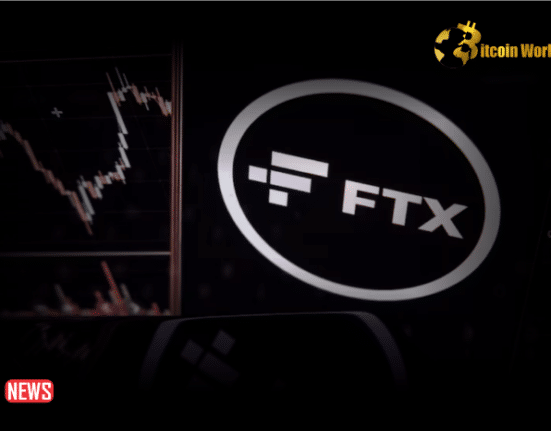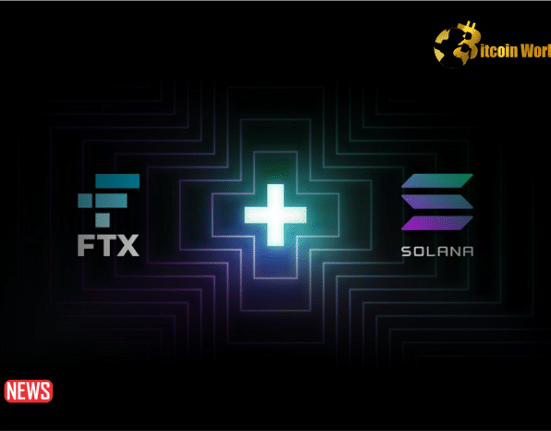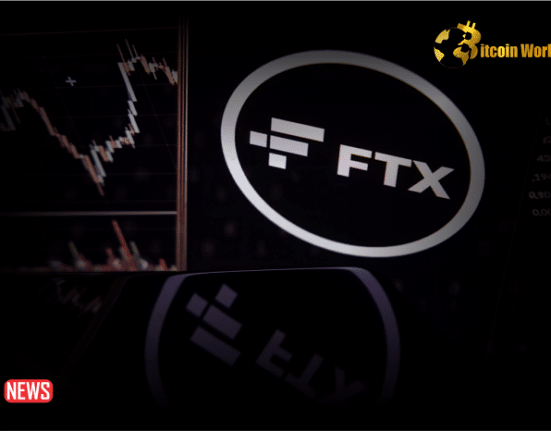Yedidia played a role in developing a glitch-ridden program aimed at automating customer deposits and withdrawals for FTX, and he couldn’t help but fret about the colossal liability that Alameda Research had amassed on FTX’s books.
Adam Yedidia, a former roommate of Sam Bankman-Fried during their college days and an early employee of FTX, resumed his testimony on October 5th, marking the second day of the trial of the former FTX CEO in New York. Yedidia, testifying under immunity, was called to the stand by the prosecution.
Under the scrutiny of Assistant U.S. Attorney Danielle Sassoon, Yedidia recounted his journey, starting as a trader with Alameda Research and then transitioning to a software developer at FTX from January 2021 until November 2022, when he tendered his resignation. During his time in the Bahamas, Yedidia was one of the residents of the lavish Albany Resort, referred to as the “people of the house.” His direct superior was the former FTX engineering director, Nishad Singh, and informally, he reported to FTX co-founder Gary Wang and Bankman-Fried.
Yedidia’s understanding was that when Alameda Research traded on FTX, the primary beneficiaries of the profits were Bankman-Fried and Wang.
He revealed that he was tasked with creating the code to automate customer deposits and withdrawals from FTX. Bankman-Fried was deeply involved in the project as well. Initially, Yedidia believed that customer deposits were directed to an FTX bank account, but he soon discovered that FTX had encountered difficulties in opening a bank account, and the deposits were redirected to an account under the name of North Dimension Inc, a company controlled by Alameda Research.
According to Yedidia, customers were instructed to send their deposit funds to the North Dimension account, unaware of its connection to Alameda. This information was conveyed to him by either Singh or Ray Salame, the head of settlements at FTX.
“In late 2021,” FTX finally succeeded in opening a bank account, giving customers the option to send funds to “FTX Digital Markets,” as Yedidia recalled. However, he was aware that even after this change, some customer deposits continued to flow into the Alameda Research-controlled account.
Deposits were also meticulously tracked within an internal FTX database, under an account titled “Fiat at FTX.com.” It was a repository of information rather than actual funds. The total sum of customer deposits should have aligned with the liability reflected in “Fiat at FTX.com,” as Yedidia clarified.
Sometime in late 2021, Yedidia discovered a flaw in the automation code he had contributed to. This bug, while correctly reflecting customer withdrawals in the “Fiat at FTX.com” account, failed to reduce Alameda Research’s liability to FTX, as it was supposed to. Yedidia recalled that either Gary Wang or Nishad Singh brought this bug to his attention, and he subsequently discussed it with Bankman-Fried. The bug artificially inflated Alameda Research’s liability by $500 million, a situation that persisted for approximately six months before it was eventually rectified, around June 2022. Yedidia specified that he personally resolved the bug in mid-June 2022.
Yedidia recounted that Bankman-Fried instructed him to address the bug following a meeting involving Bankman-Fried, former Alameda Research CEO Caroline Ellison, Wang, and Singh. The focus of the meeting was the “full accounting of the two companies,” FTX and Alameda Research.
At the time when Yedidia rectified the bug, the Alameda Research liability recorded in the “Fiat at FTX.com” account stood at $16 billion. Post-fix, this figure was revised down to $8 billion. This adjustment was visible to others within the company.
Yedidia voiced his concerns about the substantial remaining liability to Bankman-Fried, who provided reassurance. Bankman-Fried asserted that the company had been “bulletproof” in the previous year and would regain its “bulletproof” status within the next six months to three years. Yedidia interpreted “bulletproof” to signify the company’s solid financial health.
During his testimony, Yedidia also mentioned that the “People of the House” used the Signal messaging app for communication. He utilized Signal to convey documentation of the bug fix for customer deposits and withdrawals to Bankman-Fried. Notably, the app was configured to automatically delete messages after a designated timeframe. According to Yedidia, Bankman-Fried reasoned that retaining messages had a downside. In his words, “If regulators stumbled upon something unfavorable in the messages, it could spell trouble for the company.” While not an exact quote, Yedidia maintained that this encapsulated the essence of Bankman-Fried’s perspective.














